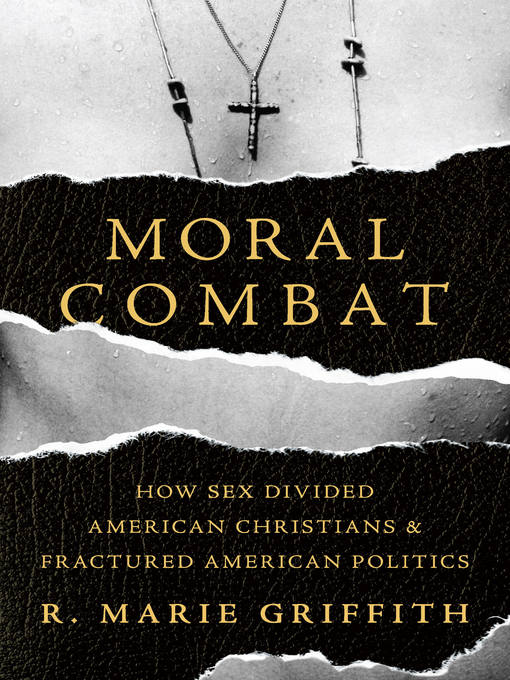- Available now
- New eBook additions
- New kids additions
- New teen additions
- Most popular
- Try something different
- See all ebooks collections
- New audiobook additions
- Available now
- Always Available Audiobooks
- New kids additions
- New teen additions
- Most popular
- Try something different
- See all audiobooks collections
- Always Available--Everyone Reads Collection for Adults
- Always Available Classics for All Ages
- Spanish Collection
- Chinese Collection
- Marvel Comics
- Library & Information Science Professional Development Resources
- Author Interviews!
- See all featured collections collections




